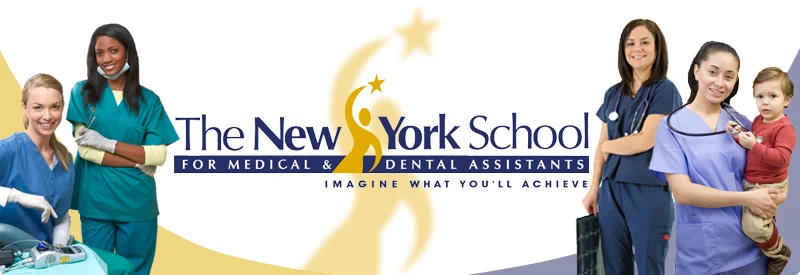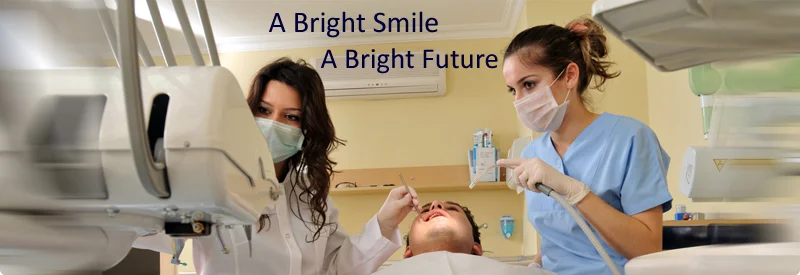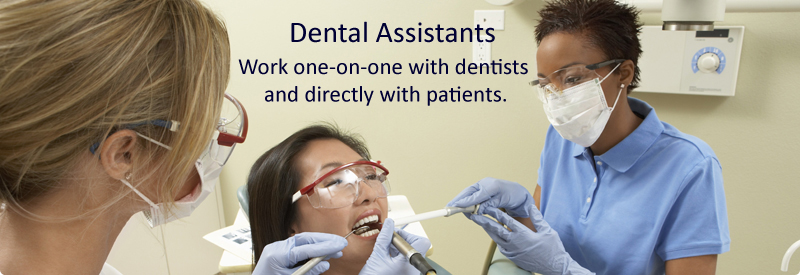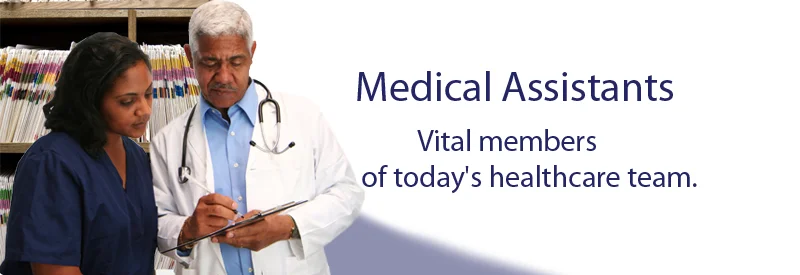The Benefits of Liberal Arts Courses in a Medical Assisting Program
/Medical assisting is a vital healthcare profession that requires a unique blend of technical and soft skills. Students in the Medical Assisting AOS program are trained to perform administrative and clinical tasks to support the work of physicians and other healthcare providers. However, the role of a medical assistant goes beyond just performing technical duties. To be successful in this profession, one must have a broad set of skills, including critical thinking, effective communication, and a deep understanding of the human body and mind. This is where the liberal arts courses come in, particularly the PSY115 Psychology and Mental Health, ENG101 English Composition, MAT110 Mathematics in Contemporary Society, and ALH105 Nutrition, Health and Wellness courses.
The PSY115 Psychology and Mental Health course provides students with a fundamental understanding of the role of psychology in enhancing health and well-being. This course will help medical assisting students develop critical thinking skills as they examine the behavioral, emotional, social, and cognitive factors that influence physical health. The course also covers stress, coping mechanisms, risk behavior, pain management, chronic illness, and the use of health services. Students will learn how to recognize and manage their own mental health needs and those of their patients. This knowledge will help medical assisting students understand the holistic nature of healthcare and allow them to provide compassionate and effective care to their patients.
The ENG101 English Composition course equips students with the writing and communication skills necessary for academic and professional success. In this course, students will learn how to write for various purposes, including persuasion, problem-resolution, evaluation, and explanation. They will also learn how to provide constructive feedback to their peers, a critical skill that medical assistants must possess when communicating with physicians and other healthcare professionals. Effective communication is essential for providing quality healthcare services. Medical assisting students who complete this course will be better equipped to communicate with patients, physicians, and other healthcare professionals, leading to more positive outcomes for patients and greater job satisfaction for medical assistants.
The MAT110 Mathematics in Contemporary Society course introduces students to mathematical concepts and their applications in modern society. Medical assistants work with numbers daily, from managing patient records to billing and coding. This course will help medical assisting students develop strong mathematical skills and learn how to apply them in a healthcare setting. Students will cover sets, logic, number systems, probability, statistics, and finance, among other topics. These skills are essential for managing healthcare finances and analyzing healthcare data, which is crucial for improving patient outcomes.
The ALH105 Nutrition, Health and Wellness course focuses on the relationship between nutrition and health. Medical assistants play a significant role in promoting good nutrition practices among patients. This course will help students understand the human digestive system, the food pyramid, diet planning, macronutrients, vitamins and minerals, health-fitness, life span nutrition, and food safety. The course will also help medical assisting students communicate the importance of developing effective strategies for improving nutrition and physical activity. This knowledge will help medical assistants provide practical advice to patients, leading to better health outcomes.
In conclusion, the liberal arts courses, including the PSY115 Psychology and Mental Health, ENG101 English Composition, MAT110 Mathematics in Contemporary Society, and ALH105 Nutrition, Health and Wellness, are essential for the personal and professional development of medical assisting students. These courses help students develop critical thinking, communication, and problem-solving skills that are essential for providing high-quality healthcare services. Students who complete these courses will be better equipped to understand the holistic nature of healthcare and provide compassionate care to patients. They will also be better prepared for academic and professional success, leading to greater job satisfaction and career advancement opportunities.





